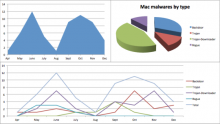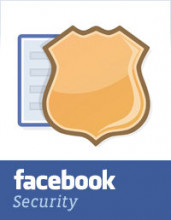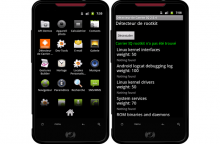Security history: Nothing like an old-fashioned boot sector virus
It has been 26 years to the day when the computing world was introduced to its first virus: The Brain.
The Brain was a boot sector virus that was written on and for floppy disks and spread by the exchange of disks between users. The Brain which was also known as LeHore or Pakistani Flu and Pakistani Brain, infected Microsoft MS-DOS-based computers and once installed would fill up the floppy, slamming its performance or rendering it useless.













































































